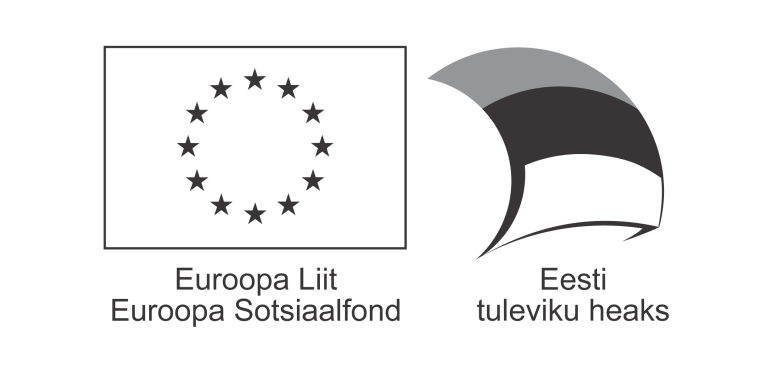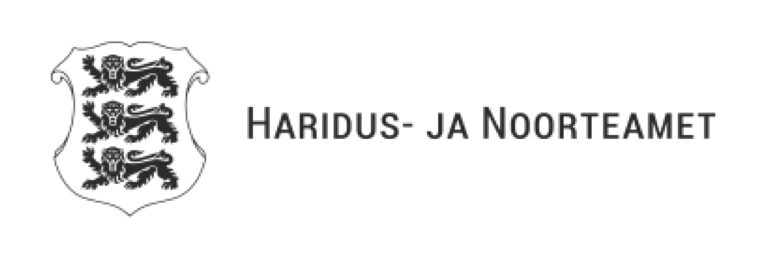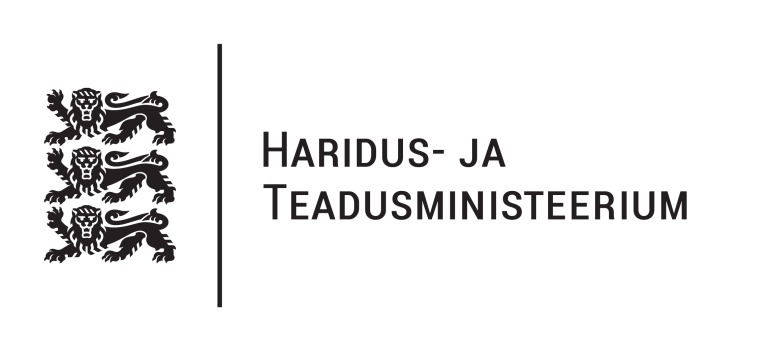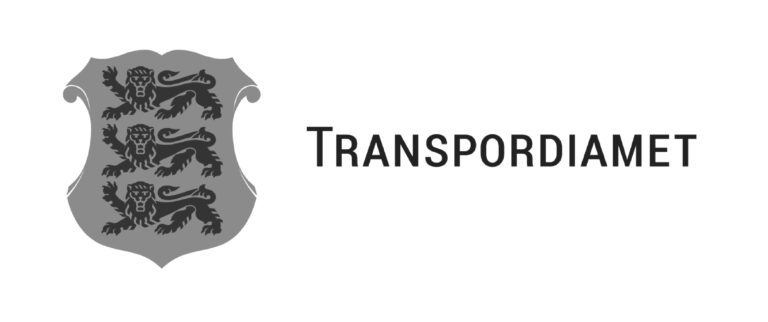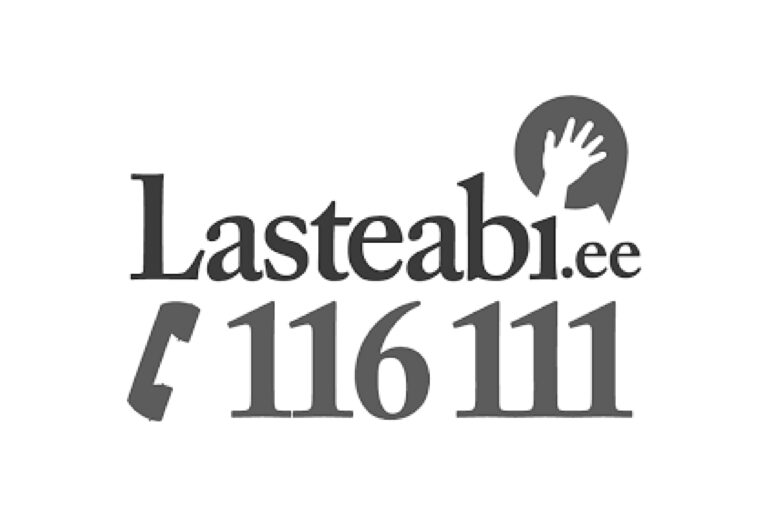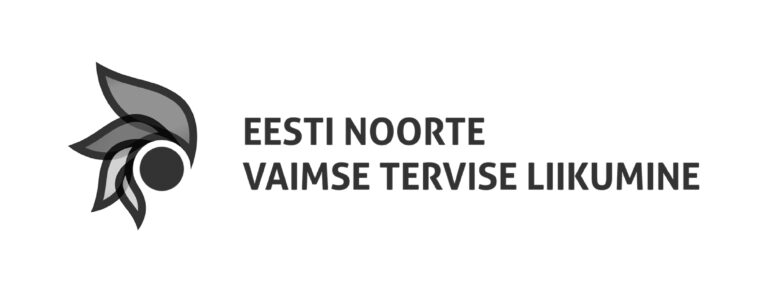- Report hostile/dumb misinformation and block it.
In addition, join others to gain more traction. Facebook reporting: click the three dots on the top right of the post and select ‘Report Post’.
- Amplify and support trustworthy voices. You don’t necessarily have to create new content yourself and comment on everything. When sharing a post, however, add a short explanation.
- If you criticise something add a screenshot instead of a link of the information you are criticising.
Otherwise, even more people will get inaccurate information.
- Share the original post, don’t copy it to your account, this makes it easier for others to check the original source.
- Don’t troll. Don’t be arrogant or continuously sarcastic while communicating. Don’t be sucked in by an internet troll!
The more reactions an idiotic comment or post gets, the higher the algorithms will rank it in the information stream. Even if you say, ‘this is stupid’, the post will gain more traction.
How to recognise a troll? Often, they will have a recently created account, and an odd name and profile picture. They will write polarising and inciting comments and take advantage of people’s strong emotions to sow confusion and gain attention.
- Learn how to check the background and origin of photos and videos.
The easiest tip: use Google’s image search. Go to www.google.com and click on ‘images’ in the top-right corner. Click on the camera icon to upload a photo or to add a link to a photo. Now you can see in what context the same photo has previously been used.
- Follow and trust experts, professional journalists.
Nonetheless, keep a critical mind – they, too, can get carried away and make mistakes.
- Don’t share information that could jeopardise people who are involved in real combat.
Deliberately retaining some information is a tactical part of war, as is deterrence information. There is a reason why not all information is widely shared.
- Take a break from information overflow. Read books, let your thoughts wander, spend time with loved ones. Remove yourself completely.
- Support and value the free press.
- Develop your own media and information competencies, these form part of the basic knowledge and skills of this century!
- Be forgiving and share your knowledge, often false information is not spread intentionally.
The information was gathered by Maria Murumaa-Mengel, Diana Poudel, Piret Rospu, Pille Runnel, Simmo Saar, Tuuli Velling.
Published in the youth information portal Teeviit in 2022.

